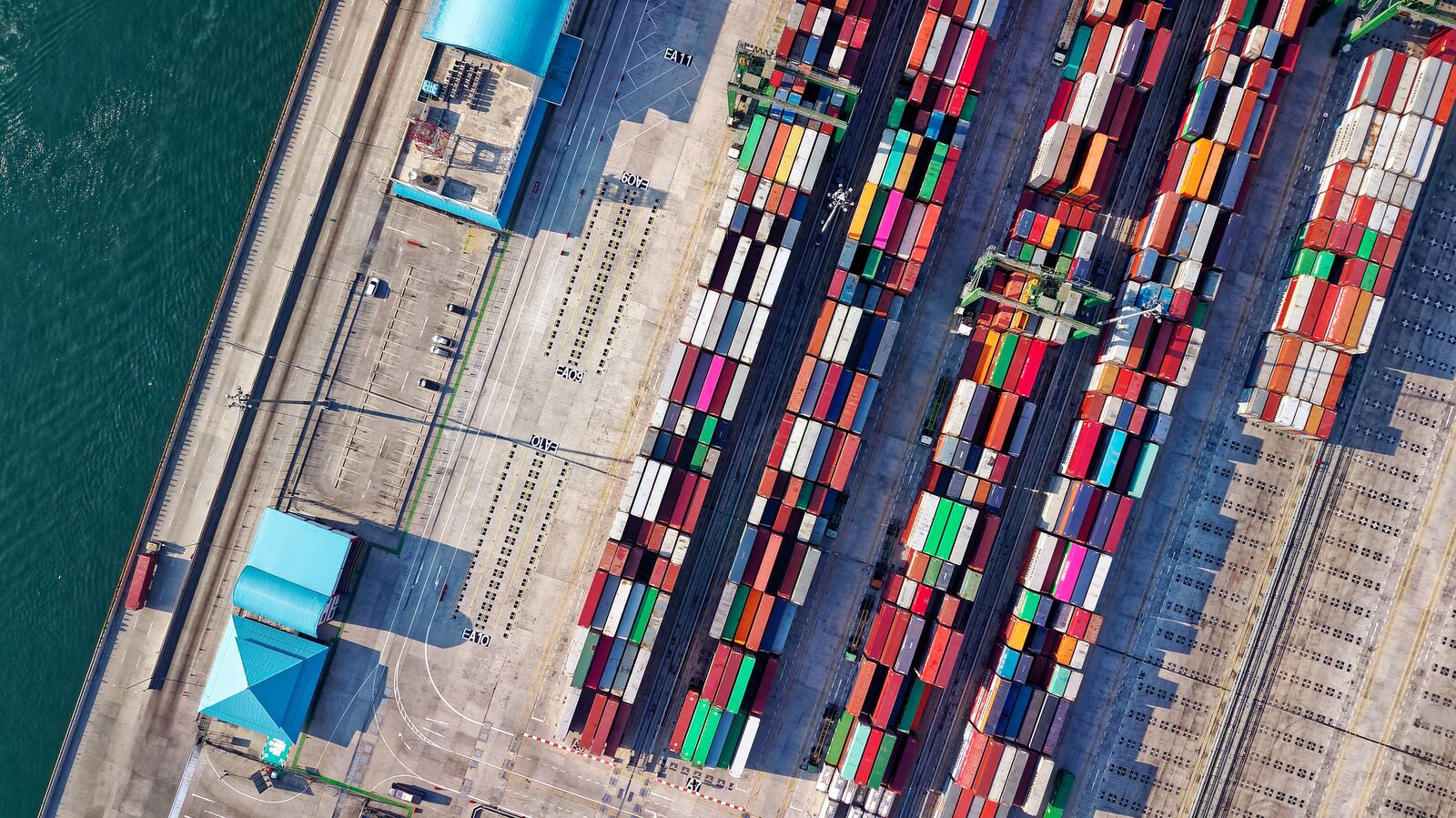
Sierra Leone’s main businesses
Sierra Leone, a West African country, has a developing economy heavily influenced by its natural resources, agriculture, and emerging sectors. The main businesses in Sierra Leone are centered around key industries such as mining, agriculture, and trade. Here’s an overview:
1. Mining Industry
The mining sector is the backbone of Sierra Leone’s economy, contributing significantly to GDP and export revenues. The country is rich in natural resources such as diamonds, gold, bauxite, rutile, and iron ore. The diamond industry, in particular, has played a pivotal role in Sierra Leone’s economic development. Artisanal and large-scale mining activities are prevalent, with international companies like Sierra Rutile Limited and Sierra Minerals Holdings playing major roles.
Key challenges: The sector faces issues like environmental degradation, illegal mining, and the need for better governance to ensure fair distribution of wealth.
2. Agriculture
Agriculture is the largest employer, engaging over 60% of the population. The main agricultural products include rice, cocoa, coffee, cassava, and palm oil. Cocoa and coffee are vital cash crops, contributing to export earnings. Rice is the staple food, but local production often falls short, leading to imports.
Opportunities: Government initiatives and international partnerships aim to modernize the agricultural sector, introducing improved farming techniques and infrastructure.
3. Fisheries
Sierra Leone’s coastline provides abundant marine resources, making fishing another important business sector. Both artisanal and industrial fishing activities are prevalent. The country exports seafood, primarily to the European Union and Asian markets.
Challenges: Illegal, unreported, and unregulated (IUU) fishing remains a significant problem, affecting sustainability and revenues.
4. Energy and Infrastructure Development
The energy sector in Sierra Leone is underdeveloped, with a focus on expanding renewable energy sources like solar and hydroelectric power. Small-scale solar companies are increasingly contributing to rural electrification. Infrastructure projects, including road construction and urban development, are creating opportunities for local and foreign investors.
5. Tourism
Sierra Leone has untapped potential in tourism, thanks to its beautiful beaches, wildlife, and historical sites. Efforts are being made to promote eco-tourism and attract international visitors. However, infrastructure and marketing challenges persist.
6. Manufacturing
The manufacturing sector is relatively small but growing, with businesses focusing on food processing, beverages, and light consumer goods. Breweries, bakeries, and soap manufacturers are prominent players in this sector.
7. Trade and Retail
Trade is an essential part of the economy, especially in urban areas like Freetown. Businesses range from small-scale retail shops to import-export firms dealing in goods such as electronics, textiles, and food products. Informal trade dominates rural areas.
8. Financial Services
The banking and microfinance sectors are expanding to meet the needs of small businesses and consumers. Major banks include Rokel Commercial Bank, Sierra Leone Commercial Bank, and several international banks.
Key Challenges Across Sectors
Infrastructure Deficits: Poor roads, unreliable electricity, and limited water supply hinder business growth.
Corruption and Governance Issues: These deter foreign investment and stifle economic potential.
Limited Access to Finance: Entrepreneurs and small businesses often struggle to secure loans.
Government Initiatives
The government of Sierra Leone has implemented policies like the “Medium-Term National Development Plan” to promote economic diversification, improve infrastructure, and encourage private sector growth. International partnerships, such as those with the World Bank and African Development Bank, are also driving development in key industries.
Sierra Leone’s business landscape is evolving, with opportunities for growth in traditional and emerging sectors. However, addressing infrastructure, governance, and financial barriers is essential to unlocking the country’s full economic potential.



Leave a Reply